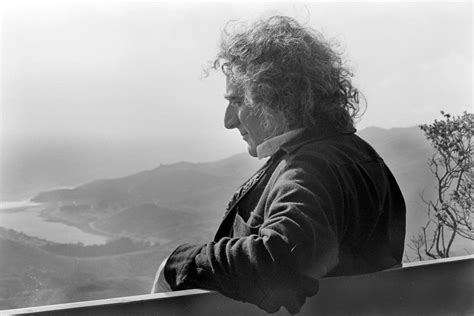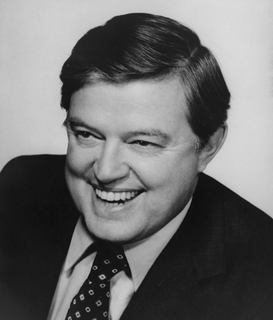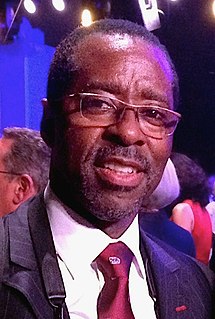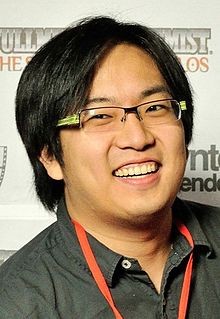A Quote by Charles A. Reich
Marx saw exploitation in terms of the rewards of human labor, but we can see it in terms of all the values of our society.
Related Quotes
Turgenev saw human beings as individuals always endowed with consciousness, character, feelings, and moral strengths and weaknesses; Marx saw them always as snowflakes in an avalanche, as instances of general forces, as not yet fully human because utterly conditioned by their circumstances. Where Turgenev saw men, Marx saw classes of men; where Turgenev saw people, Marx saw the People. These two ways of looking at the world persist into our own time and profoundly affect, for better or for worse, the solutions we propose to our social problems.
When the function of libraries is put in terms of their contributions to the community, people see their centrality. The challenge to us is to continue to help them see it in those terms to describe our larger purposes. We must assert that libraries are central to the quality of life in our society; that libraries have a direct role in preserving democratic freedoms. Free access to information and the opportunity of every individual to improve his or her mind, employment prospects, and lifestyle are fundamental rights in our society.
The affluent society has built well in terms of economic progress, but has neglected the protection of the very water we drink as well as the values of fish and wildlife, scenic, and outdoor recreation resources. Although often measureless in commercial terms, these values must be preserved by a program that will guarantee America some semblance of her great heritage of beautiful rivers.
To the extent that we hyper-separate ourselves from nature and reduce it conceptually in order to justify domination, we not only lose the ability to empathise and to see the non-human sphere in ethical terms, but also get a false sense of our own character and location that includes an illusory sense of autonomy. The failure to see the non-human domain in the richer terms appropriate to ethics licences supposedly ‘purely instrumental’ relationships that distort our perceptions and enframings, impoverish our relations and make us insensitive to dependencies and interconnections
We are persons whose bodies can be objectively studied according to the impersonal laws of physics but whose minds are subjectively experienced in ways science has not yet been able to fathom. In short, by radically seperating science from religion, we are not merely segregating two human institutions; we are fragmenting ourselves as individuals and as a society in ways that lead to deep, unresolved conflicts in terms of our view of the world, our values, and our way of life.






































